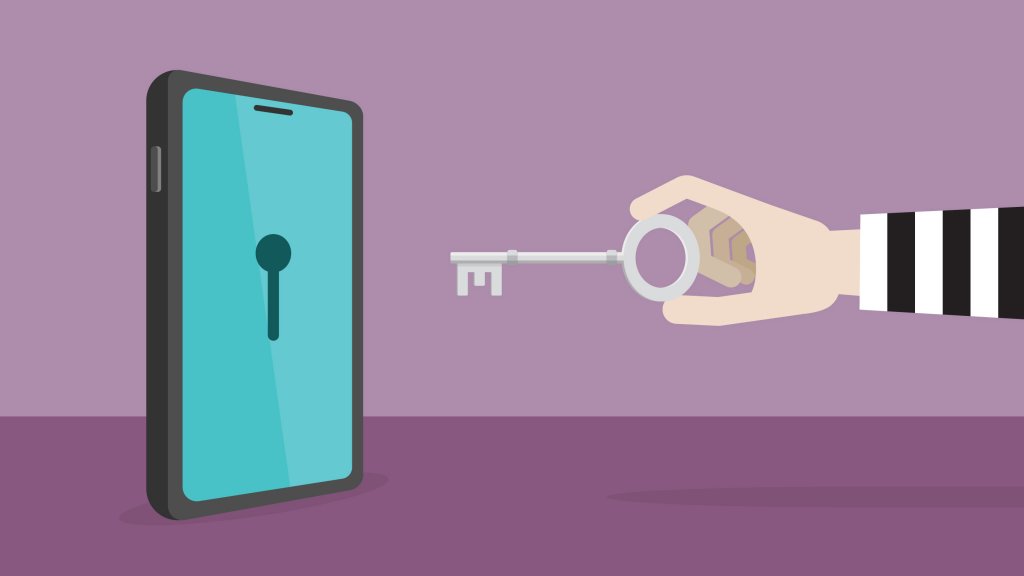A newly revealed flaw in the Android operating system could allow wrongdoers to steal private information from your device. Both the malware and the theft would be next to impossible to detect. But there’s a simple way to protect yourself. First, make check if your device is running Android 10 (or higher). If yes, then you’re done because the vulnerability only affects Android 9 and earlier versions. If you have an earlier version of Android than Android 10, then make sure you’ve installed the latest security updates. Google says it has now pushed out a fix for the vulnerability.
The flaw could affect you when download a seemingly legitimate app to your device. That fake app then installs malware that acts as an intermediary between you and your real apps. The next time you open, say, your favorite social networking app or work collaboration app, the malware would pop up a fake log-in page that looks just like the real one. Suspecting nothing, you put in your username and password and other information. The malware grabs that information and sends it off to a hacker’s server for future use. Then it proceeds to connect you to the real app, which works just the same as it always has. You have no way of knowing that your information has just been stolen. The malware could also pose as another app and ask for permissions. If you grant unwittingly grant them, it could track your location, upload your photos and contacts, and track your location as well.
Strandhogg 2.0
Promon, the Norwegian security firm that found the vulnerability calls Strandhogg 2.0. Strandhogg means “hostile takeover.” Promon says Strandhogg 2.0 is much more dangerous than the original Strandhogg vulnerability it found last year because “it allows for broader attacks and is much more difficult to detect.”
For its part, Google told TechCrunch that not only has it issued a fix for Strandhogg 2.0, but also that Play Protect, app screening software that’s built in to Android, would block users from downloading any app designed to take advantage of the Strandhogg 2.0 vulnerability.
Both Promon and Google say they have not seen any evidence of malware that exploits the Strandhogg 2.0 vulnerability. On the other hand, since such malware would be virtually undetectable, the fact it hasn’t been spotted in use isn’t quite as reassuring as it might be. You’re best off playing it safe and updating to the latest version of Android, or making sure you’ve got the latest security update installed.



